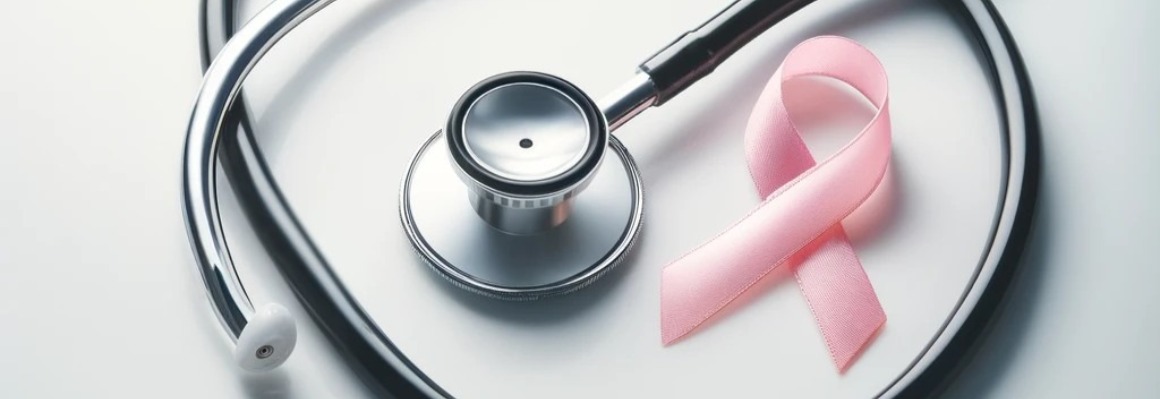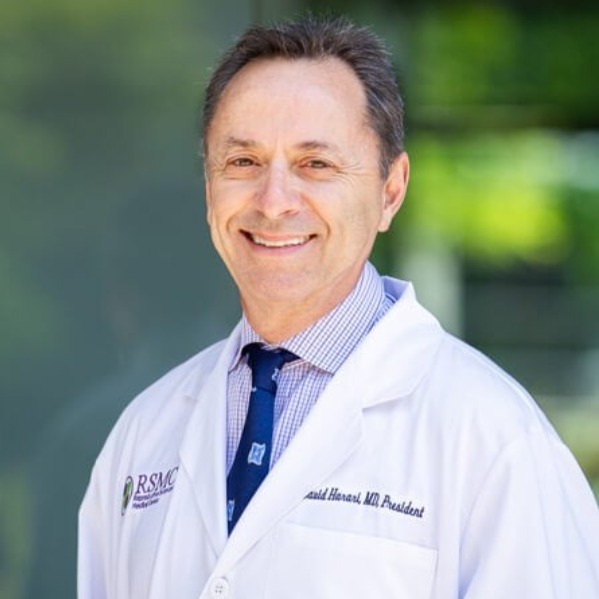At what age does menopause occur? Can women get pregnant during menopause?

Menopause, a significant milestone in a woman's life, is often joked about by chauvinistic males. However, every woman should have a deeper understanding of her body and cherish every stage of her life. Below, we will debunk common myths about menopause from a medical perspective and take this opportunity to educate women on how to comfortably navigate through menopause.
Q1: At what age do women experience menopause?
There isn't a uniform age for menopause. Most women enter menopause between the ages of 49 and 52, while some may start experiencing symptoms around age 45, such as irregular periods, poor sleep quality, muscle aches, dry eyes, and mood swings. Clinically, about 80% of women approaching menopause experience these discomforts, collectively known as menopausal syndrome. However, it's also been observed that some women as young as 30 to 40 years old may begin experiencing menopause, especially those with premature ovarian insufficiency. Early menopause can lead to the premature loss of fertility. Therefore, it's advisable for patients with symptoms of premature ovarian insufficiency or a family history to consider egg freezing before the age of 35 to preserve future fertility.
Q2: Do women still have eggs during menopause? Can they still get pregnant?
Essentially, as women enter menopause, their ovaries gradually lose function. Initially, menstruation may become irregular, occurring twice a month or every other month until ovulation ceases entirely. Therefore, while there are still eggs being released, the chances of pregnancy are extremely low. Additionally, the majority of eggs released during this time have chromosomal abnormalities, making successful fertilization and implantation unlikely. Hence, despite seeing female celebrities getting pregnant near the age of 50, it's possible they may have used donor eggs or surrogacy. For those hoping to conceive, planning ahead is crucial. If you're single and under 40, you can still explore options such as single motherhood through sperm donation and artificial insemination in the United States. It's advisable not to delay childbearing until advanced age, as it increases the risks of high-risk pregnancies, posing potential harm to both the mother and the fetus.
Q3: How to adjust your diet to gently accompany yourself through menopause?
When it comes to dietary recommendations for menopause, they include:
1. Adequate intake of quality protein: Such as tofu, fish, eggs, and lean meats.
2. Choosing good fats: Incorporating Omega-3 unsaturated fatty acids, found in fish like mackerel, sardines, and salmon.
3. Reducing unhealthy fats: It's advised to limit intake of saturated and trans fats.
4. Whole grains and fiber intake: Encouraging consumption of whole grains and ensuring an adequate intake of dietary fiber.
5. Calcium, magnesium, and vitamin D: Essential for maintaining bone health, found in dairy products, eggs, and dark green vegetables.
6. Plant-based estrogens: Foods rich in plant-based estrogens like soybeans and yams can improve skin condition and prevent chronic diseases.
The general dietary principle is to choose whole foods over processed ones, opt for lighter options, consume foods high in fiber and calcium, and avoid high-calorie, high-salt, high-sugar, and high-cholesterol foods. It's also advisable to minimize alcohol and caffeine intake, engage in appropriate exercise to relieve stress, and avoid excessive tension and pressure, allowing yourself to comfortably navigate through this period. As the menopausal transition can last 3 to 5 years and individuals may experience different emotional responses due to varying constitutions and tolerances, seeking professional advice from a gynecological hospital is recommended if excessive anxiety or depression occurs, or if extreme discomfort significantly affects daily life.
Q4: What if you're going through menopause but still want to have a baby? You can consider egg donation and surrogacy!
As we mentioned earlier, advanced maternal age can pose challenges with both eggs and the uterus, making it difficult to conceive. In such cases, you can explore the option of legal egg donation and surrogacy in the United States. RSMC Reproductive Medical Center in the USA has its own elite egg bank and pool of surrogate mothers. Matches are made immediately, with no waiting required. You can access the egg bank with just a username and password to select your preferred Caucasian or Asian eggs. As for surrogate mothers, specialized coordinators match them based on your criteria, taking into account the laws of each state. Both egg donors and surrogate mothers have detailed profiles including clear personal photos, health status, and background information.
RSMC's success rate for egg donation IVF exceeds 83%, and they offer guaranteed success programs. Your child's parental rights can be established in your or your partner's name before birth, without the names of the egg donor or surrogate mother. The child is considered a US citizen at birth, and upon reaching the age of 21, can sponsor their biological parents.
If you're interested in any of our services, please contact us via the following channels: Line / WeChat: rsmctw; WhatsApp: +1 858-342-6046. Our dedicated Chinese-speaking team in the USA will assist you.
Further Reading:
Reproductive Sciences Medical Center - RSMC (BY NEWSWEEK)
RSMC's In-House Egg and Surrogate Bank: Instant Pairing Without Waiting!

DR. DAVID HARARI
RSMC Director and Medical Group President
Dr. Harari earned his medical doctorate from the University of Georgia Medical Center, completed his internship at Georgia State Medical College, and subsequently finished his residency at Mercy Hospital Medical Center. With over 30 years of clinical experience, he currently serves as the President of the San Diego Obstetrics and Gynecology Association, boasting over 400 professional OB-GYN members. Dr. Harari respects each patient's individual preferences during the treatment process, providing them with the most professional treatment guidelines and working collaboratively to help them achieve their goals. He believes in the importance of open communication between the doctor and patient, willingly sharing his past medical experiences and offering the most professional medical advice.
About Dr. David Harari
Other
-
2025/06/30eggrecipient
Why Is Carrier Genetic Testing Required Before Purchasing Donor Eggs?
-
2024/07/05eggrecipient
Are the Identities of Egg Donors Genuine? How Is This Guaranteed?
-
2024/04/19eggrecipient
Is Using Egg Banks Really Better Than Fresh Eggs for IVF?



